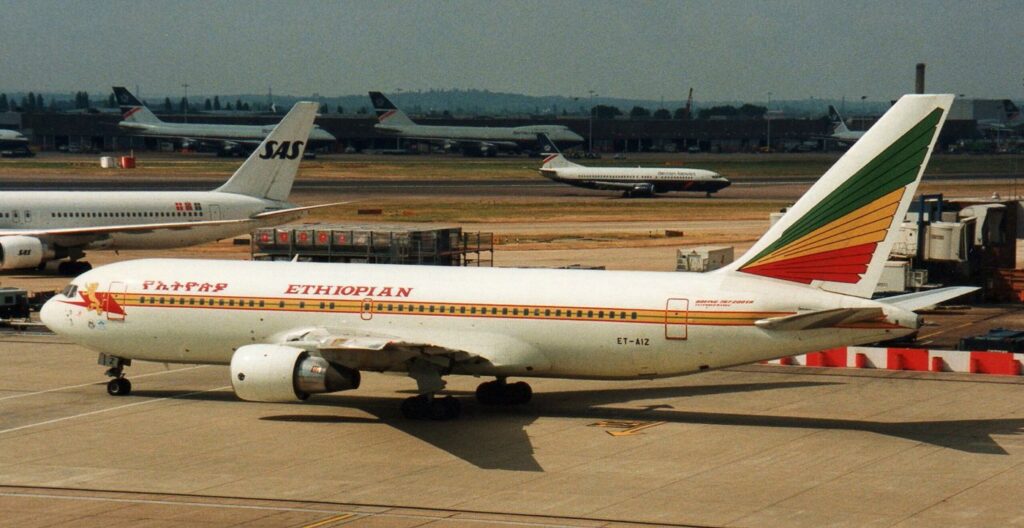
UPDATE: On this day, November 23, 2025, we remember a tragic event that unfolded exactly 25 years ago. On November 23, 1996, a hijacked Ethiopian Airlines Boeing 767 ran out of fuel and crashed into the Indian Ocean near the Comoro Islands, resulting in the deaths of 125 out of 175 individuals on board, including all three hijackers.
This devastating incident remains a stark reminder of the dangers of air travel and the severe implications of hijacking. The crash occurred after the aircraft, which was en route from Addis Ababa, Ethiopia, to Nairobi, Kenya, was forcibly diverted by hijackers who demanded asylum. The aircraft eventually ran out of fuel, leading to the catastrophic crash.
The impact of this tragedy was profound, sending shockwaves through the aviation community and prompting global discussions on airport security and anti-hijacking measures. The loss of life and the dramatic circumstances surrounding the event have left an indelible mark on international aviation history.
In addition to today’s somber remembrance, significant historical events also unfolded on this date. In 1863, Union forces led by General Ulysses S. Grant engaged Confederate troops in a decisive battle, marking a pivotal moment in the American Civil War. Early in World War II, the British armed merchant cruiser HMS Rawalpindi was sunk while patrolling, resulting in over 200 casualties.
In recent years, the date has also seen pivotal political events, such as the 2005 election of Ellen Johnson Sirleaf as Africa’s first democratically elected female head of state, a milestone for gender equality in politics. Additionally, it is notable for the 2006 death of former KGB agent Alexander Litvinenko in London, which raised international tensions and highlighted issues of state-sponsored assassination.
As we reflect on these significant moments, it is crucial to consider their implications on current affairs and the ongoing challenges faced by nations worldwide. The lessons learned from the Ethiopian Airlines tragedy continue to resonate, reminding us of the importance of vigilance in ensuring air travel safety.
In the wake of this tragic anniversary, it is vital to examine how far we have come in aviation security and the ongoing measures taken to prevent such incidents. The legacy of those lost on that fateful day in 1996 serves as a call to action for continued vigilance and improvement in global safety practices.
Stay tuned for further updates as we remember and honor the victims of this tragedy and reflect on the historical significance of today’s date.






